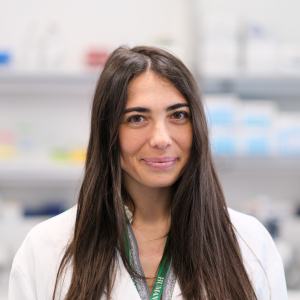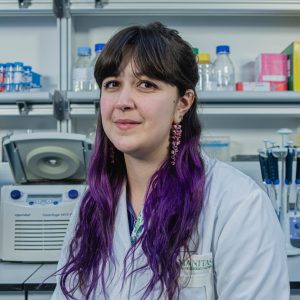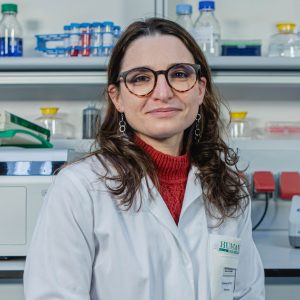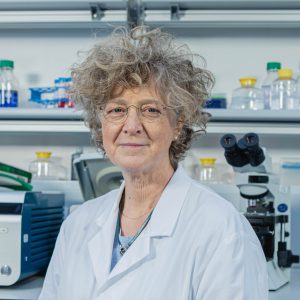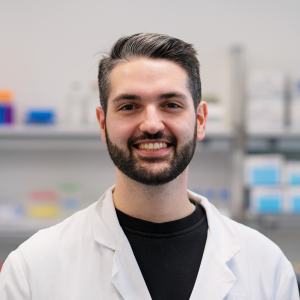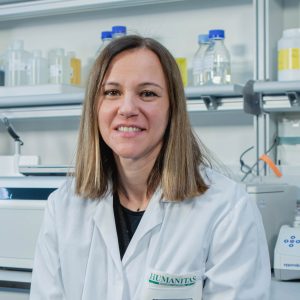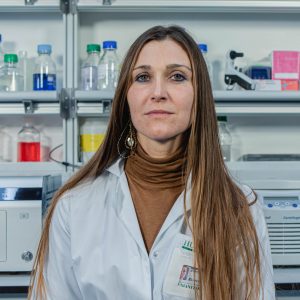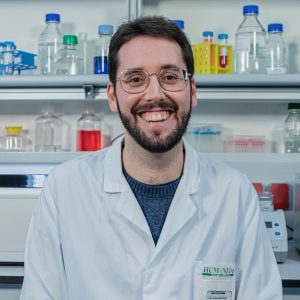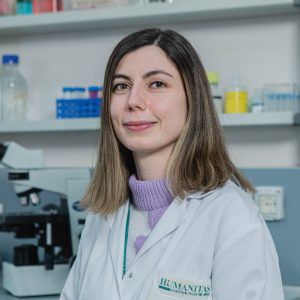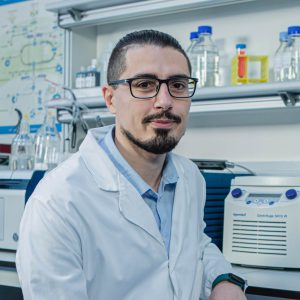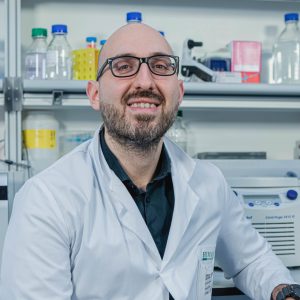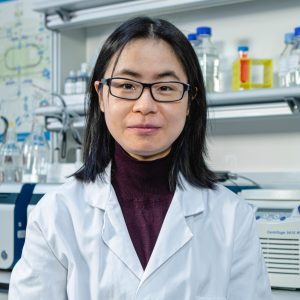Research Group
Garlanda Group
Experimental Immunopathology Lab
We study humoral innate immunity and the regulation of inflammatory responses, with a special focus on two molecules we have co-discovered – the long pentraxin PTX3, the receptor IL-1R8 – and the complement system, with the final aim of developing new therapies and diagnostic/prognostic markers in cancer and infectious diseases.
The challenge
The inflammatory response is a complex and diverse pathophysiological reaction activated when healthy tissues are wounded by physical or chemical stimuli, invaded by pathogens or damaged by toxins. The response is a chain-reaction engaging hundreds of different molecules (some of which evolved more than 500 million years ago) that recruits immune cells to the site of the damage to clear it from pathogens and diseased cells and to promote healing. Its activation is fundamental to fight off infections and eliminate cancer cells, but it can also – conversely – contribute to tissue damage and support tumor growth. Understanding the role played by these molecules and translating them to the clinic has tremendous implication for our ability to treat infections, cancer and immune-mediated diseases.
Main research areas
PTX3 as a paradigm of humoral innate immunity
The laboratory contributed to define and characterize a soluble mediator of the innate immune response, the long pentraxin PTX3, a molecule involved in the recognition of pathogens and inflammation. We characterized the biological activity of the long pentraxin PTX3 in the regulation of inflammatory responses to pathogenic microorganisms, tissue damage and cancer, focusing on its interplay with the complement system. In recent studies, we also demonstrate the prognostic potential of PTX3 as a strong independent predictor of 28-d mortality in Covid-19 patients.
IL-1R8: a checkpoint molecule of the IL-1 system
IL-1R8 is a negative regulator of inflammatory responses involved in different pathological conditions, from infections and inflammation to autoimmunity and cancer. IL-1R8 acts as a novel immune checkpoint in NK cells: we showed that unleashing NK cells by genetic inactivation of IL-1R8 resulted in inhibition of liver carcinogenesis and protection against liver and lung metastasis, as well as viral infections. These results opened a new line of research on the role of IL-1R8 in CD8+ T cells against cancer.
Complement and cancer
Flow cytometry, transcriptional analysis of tumor infiltrating leukocytes and in vivo experiments showed that the complement represents a key component of cancer-related inflammation promoting tumor growth: its deficiency is associated with reduced accumulation and functional skewing of tumor-associated macrophages, increased T-cell activation and response to anti-PD-1 therapy. Our results suggested that the lectin pathway and C3a–C3aR axis are key players in macrophage-mediated sarcoma promotion and immunosuppression.
Selected publications
Humoral Innate Immunity and Acute-Phase Proteins.
Macrophages as tools and targets in cancer therapy.
Genetic determinants of mannose-binding lectin activity predispose to thromboembolic complications in critical COVID-19.
Complement activation in cancer: Effects on tumor-associated myeloid cells and immunosuppression.
IL-1R8 silencing improves the anti-tumor function of freshly isolated human NK cells.
Recognition and inhibition of SARS-CoV-2 by humoral innate immunity pattern recognition molecules.
SARS-CoV-2-associated ssRNAs activate inflammation and immunity via TLR7/8.
Interleukin-1 in tumor progression, therapy, and prevention.
Serum amyloid P component is an essential element of resistance against Aspergillus fumigatus.
Complement activation promoted by the lectin pathway mediates C3aR-dependent sarcoma progression and immunosuppression.
Macrophage expression and prognostic significance of the long pentraxin PTX3 in COVID-19.
Neutrophils Driving Unconventional T Cells Mediate Resistance against Murine Sarcomas and Selected Human Tumors.
IL1R8 Deficiency Drives Autoimmunity-Associated Lymphoma Development.
Interleukin-1 and Related Cytokines in the Regulation of Inflammation and Immunity.
PTX3, a Humoral Pattern Recognition Molecule, in Innate Immunity, Tissue Repair, and Cancer.
IL-1R8 is a checkpoint in NK cells regulating anti-tumour and anti-viral activity.
Occurrence and significance of tumor-associated neutrophils in patients with colorectal cancer.
An acidic microenvironment sets the humoral pattern recognition molecule PTX3 in a tissue repair mode.
PTX3 is an extrinsic oncosuppressor regulating complement-dependent inflammation in cancer.
The humoral pattern recognition molecule PTX3 is a key component of innate immunity against urinary tract infection.
The interleukin-1 family: back to the future.
Group members
